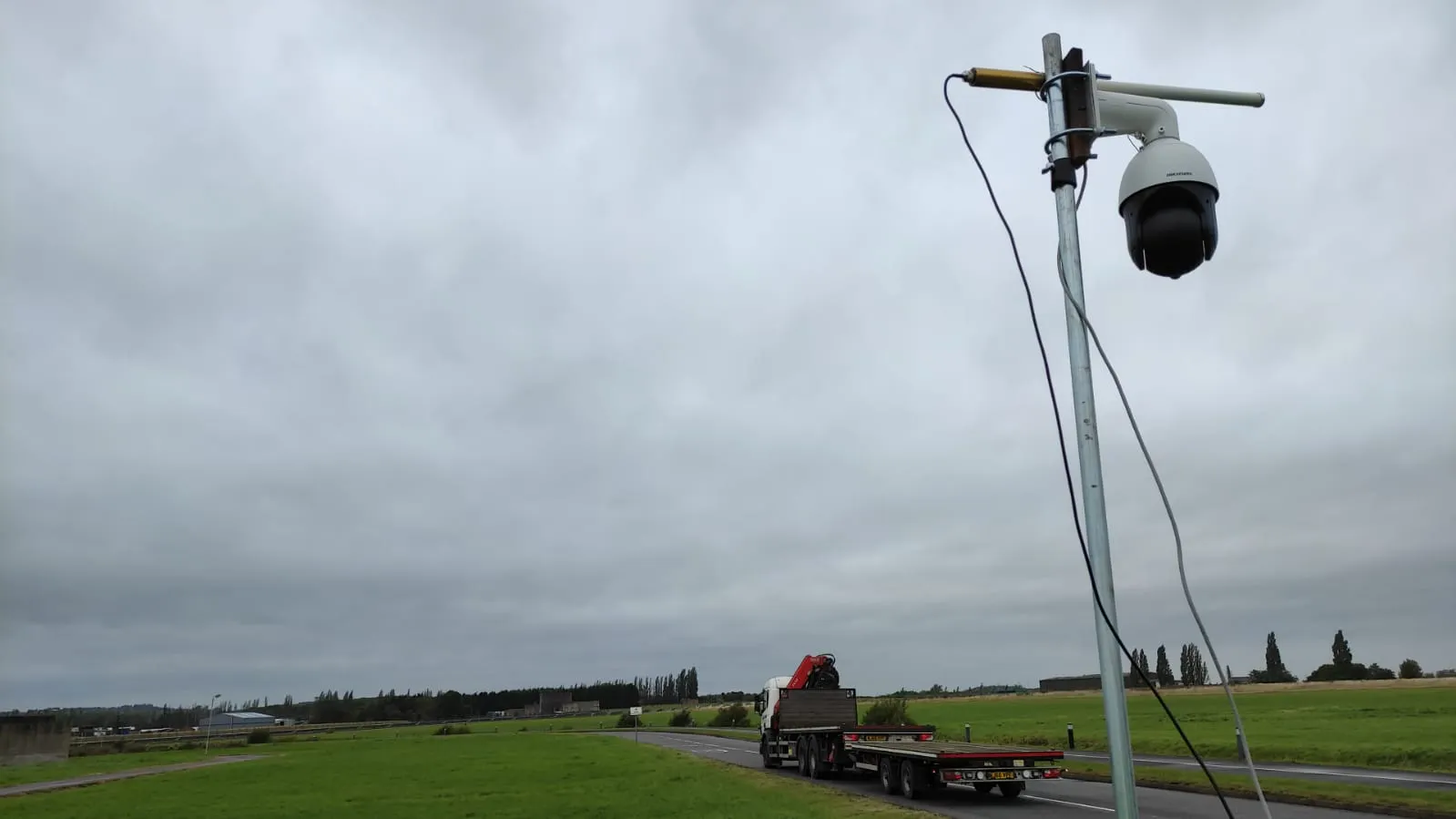As part of the AECOM-led CAPRI (Connected & Autonomous POD on-Road Implementation) project, Spanish traffic modelling software specialist TSS is to provide impact assessment and assisting in the design of management strategies for the use of new autonomous and connected pods on-demand (PODs) at the Queen Elizabeth Olympic Park in London. TSS will also be playing a role in the verification and validation of the POD control systems, allowing safety evaluation to be undertaken of in a safe and controlled virtu
April 28, 2017
Read time: 2 mins
As part of the 3525 AECOM-led CAPRI (Connected & Autonomous POD on-Road Implementation) project, Spanish traffic modelling software specialist TSS is to provide impact assessment and assisting in the design of management strategies for the use of new autonomous and connected pods on-demand (PODs) at the Queen Elizabeth Olympic Park in London.
TSS will also be playing a role in the verification and validation of the POD control systems, allowing safety evaluation to be undertaken of in a safe and controlled virtual environment.
The US$5.2 million (£4.2 million) project aims to deliver a pilot scheme that could pave the way for the use of connected and autonomous vehicles to move people around airports, hospitals, business parks, shopping and tourist centres.
The pilot project, which has received funding from funding from Innovate UK and the Centre for Connected & Autonomous Vehicles (CCAV), includes the design, development and testing of new autonomous and connected pods on-demand (PODs), culminating in on-road public trials at the Park.









